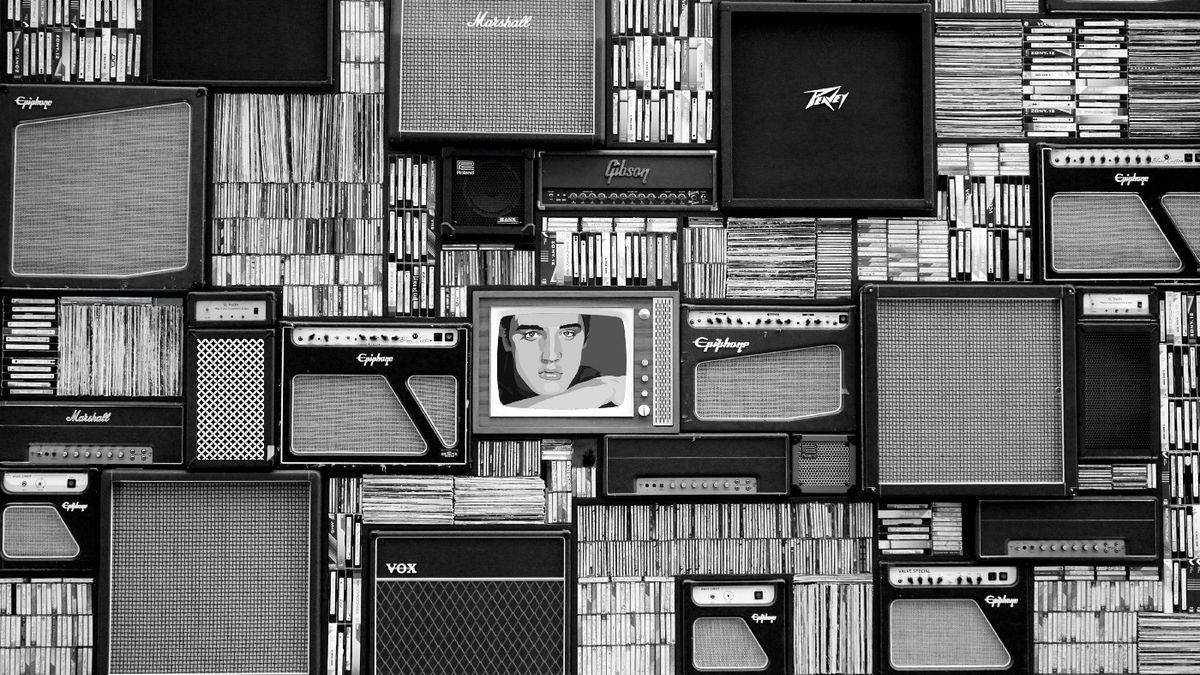Why is it important to critique the media you consume?
Most of us who read and watch TV shows do it because we enjoy it. Entertainment is there for consumers to be entertained.

Most of us who read and watch TV shows do it because we enjoy it. Entertainment is there for consumers to be entertained. While I think consuming media for pure enjoyment is genuine and valid, I also believe critiquing the media you enjoy is vital for your growth as a person and the development of society.
Media reflects real life.
People, in general, tend to forget that all media is based on reality with genuine relationships, emotions, and themes. It doesn’t matter if the characters are zooming across the galaxy or struggling through high school. Authors tend to pull ideas and feelings from their personal experiences, so every piece of media produced is a culmination of someone’s unique past.
So why is it essential that we realize this? I think it’s best to answer this question with another question: How will you recognize the toxic, racist, homophobic, and misogynistic behaviors in your life if you can’t point them out in fantasy?

I feel the best example of this is glamourizing toxic behaviors in romance media. Acts of possessiveness and control are not healthy in real-life relationships, and it’s easy for us as consumers to get so lost in romance that we forget how problematic it is. This is especially crucial for teenagers who haven’t had much experience with being in romantic relationships.
Another great example is by inserting different species like goblins, trolls, or elves into stories and stereotyping them to mimic a group of people in real life. By stereotyping these creatures, creators comment that the people they’re representing are “other” or not equal to the human race in their media.
Humans make mistakes.
People aren’t perfect, and that includes the author of your favorite books and the director of your favorite movie or TV show. Many creators recognize the flaws in their work, like the under-representation of minority populations or using offensive language, and take the opportunity to address them publicly. These people try to do better in the future, and that’s all that we consumers ask of them.

On the other hand, some content creators neglect to address their past wrongdoings. Some of them openly defend their stances no matter which population of consumers they are offending. It’s heartbreaking when a creator you have supported and admired for many years becomes hypocritical of the lessons and values they teach in their content.
Acknowledging that your values and beliefs no longer align with someone you admire is difficult but essential in becoming aware of what you consume and what it means to you. I’ve formed bittersweet relationships with some book series I’ve previously adored because the author has proved time and time again that they don’t support fundamental human rights.
In Conclusion
The bottom line is being thoughtful of the media you consume and using it to further your values and character development. For example, as a member of the LGBTQIA+ community, I will not support a content creator who is openly transphobic.
Knowing who you support and why you support them will make you more culturally aware and skeptical of the content provided in entertainment.